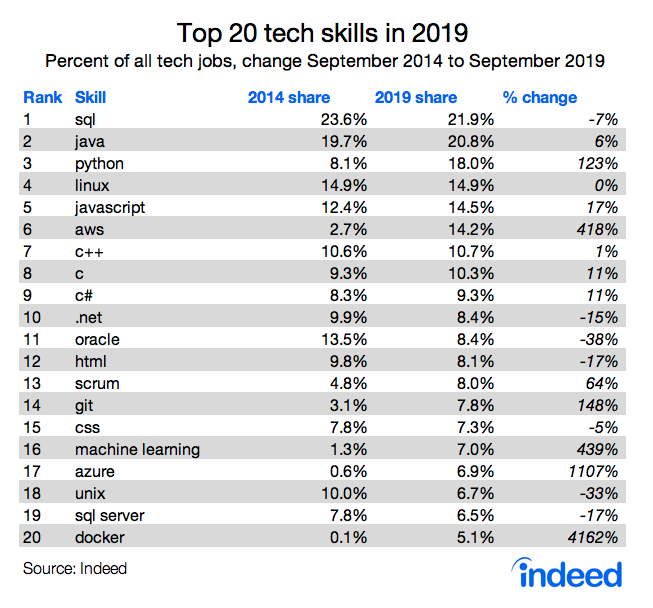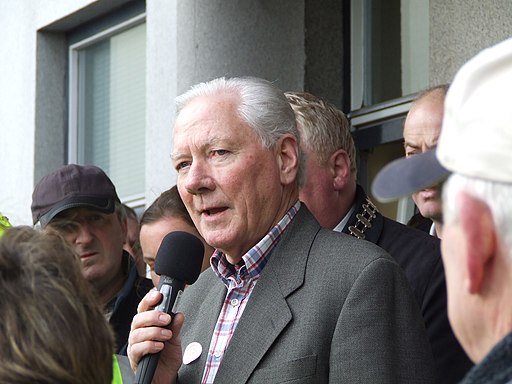So - 2019 is almost over and 2020 is upon us. A new decade begins - this will be my eight decade, which makes me feel old despite only catching the last three months of the 1950s. A quick look back on the year of 2019:
Highlight of the Year
 No contest here - this was the trip with Roma and a great bunch of bikers across the 2,848 miles of Route 66 from Chicago to Los Angeles in July. For 14 days we rode our Harley-Davidsons on Main Street America, and enjoyed every second of it. We got to see lots of iconic American sites - the highlights being: the Grand Canyon, Cadillac Range, a corner in Winslow, Arizona, Oatman, Joshua Tree and Petrified Forest parks, and much more. Definitely the trip of a lifetime, but I hope to get a few more of these in for what's left of my lifetime.
No contest here - this was the trip with Roma and a great bunch of bikers across the 2,848 miles of Route 66 from Chicago to Los Angeles in July. For 14 days we rode our Harley-Davidsons on Main Street America, and enjoyed every second of it. We got to see lots of iconic American sites - the highlights being: the Grand Canyon, Cadillac Range, a corner in Winslow, Arizona, Oatman, Joshua Tree and Petrified Forest parks, and much more. Definitely the trip of a lifetime, but I hope to get a few more of these in for what's left of my lifetime.Educational Highlight of the Year
In January last I delivered my second module on-line. I really enjoyed this experience and felt comfortable in this environment. I will be doing so again this January (R Programming module) and I find that every time I do it, I get a bit better at teaching in the on-line environment.
Entertainment Highlight of the Year
40 years after the movie was released, I finally got to see Grease. While I was familiar with a lot of the songs, many I heard for the first time. I did not know the story line - so it was a great evening's entertainment. Hopefully I can get to more shows in 2020.
Technical Highlight of the Year
No doubt about this - I got a Google Pixel 3a phone during the summer, and it is the best phone I ever had (after several iPhones). It just does everything, and of course is the perfect companion for anyone like me who uses a lot of Google's tools and features. Recommended.
YouTube Highlight of the Year
In mid October, my YouTube channel passed the 20,000,000 views landmark figure. Despite getting an official warning from Google/YouTube for violating their terms and conditions, it was still a good year. Views were down on 2018, but revenue and subscriber subscriptions were up. Lots of plans for this channel next year!
Turning 60
I don't feel like I am 60 years old, but on October 7th last - I did turn 60. If I get the "four score years and ten" life allowance, I have three of my four scores already used up. No regrets over the past 60 years, and I look forward to another score plus ten. It has, however, made me think about how to spend the rest of my days - the big plan is to retire in late 2020 and to enjoy myself travelling. There's a whole world out there to see, and I intend to see it.
Roll on 2020!










.svg/1920px-Facebook_f_logo_(2019).svg.png)











